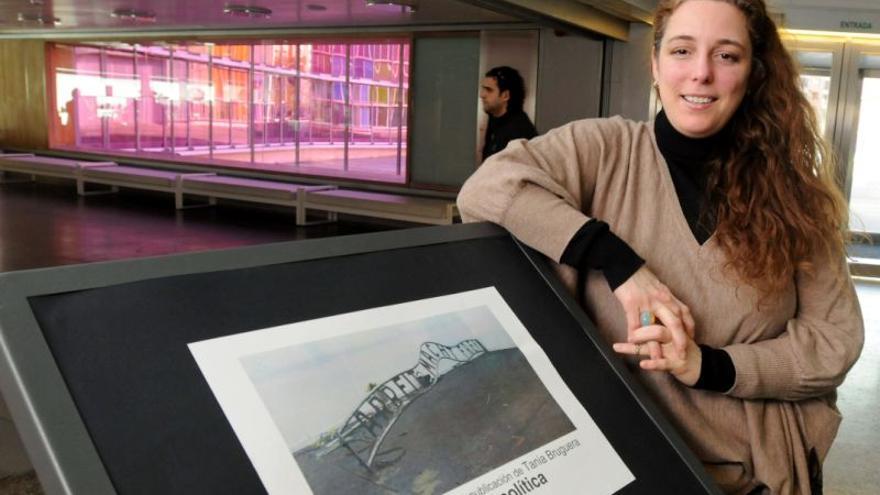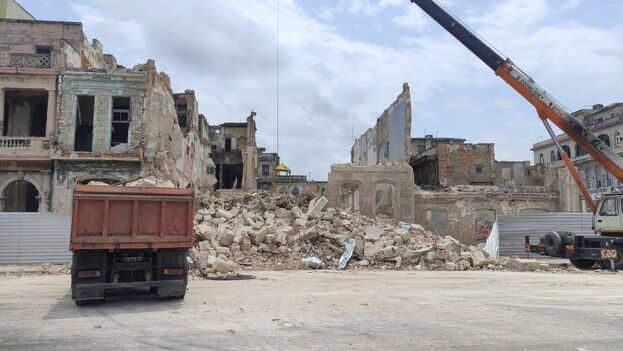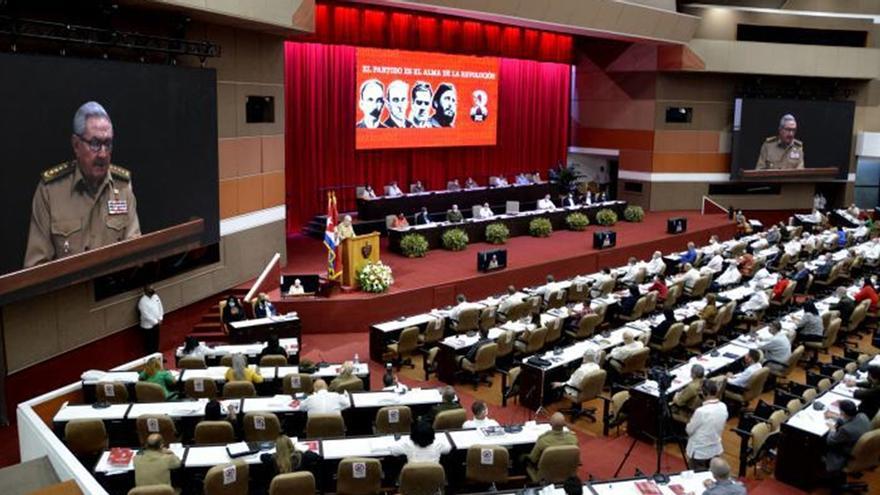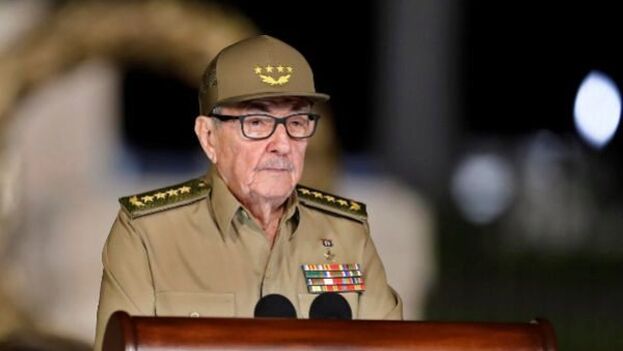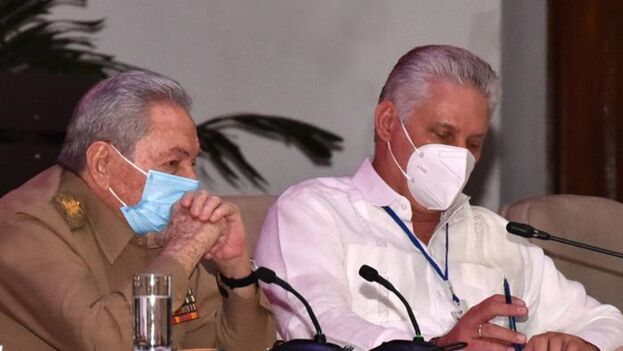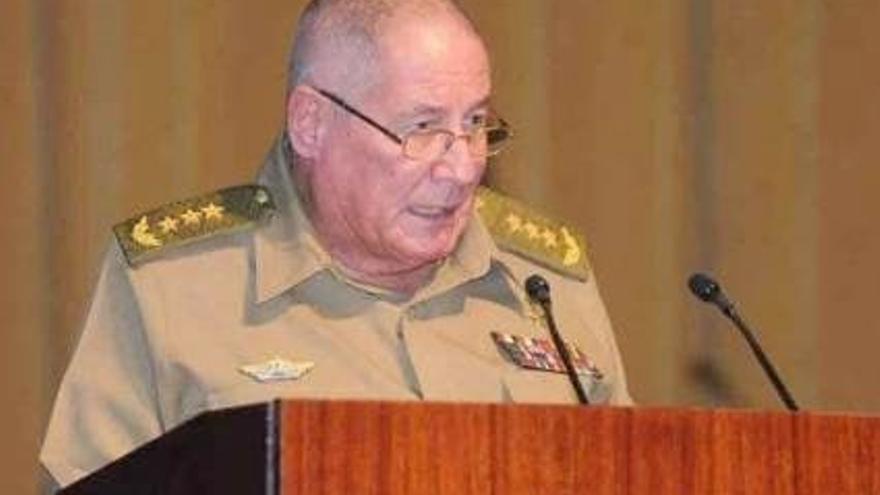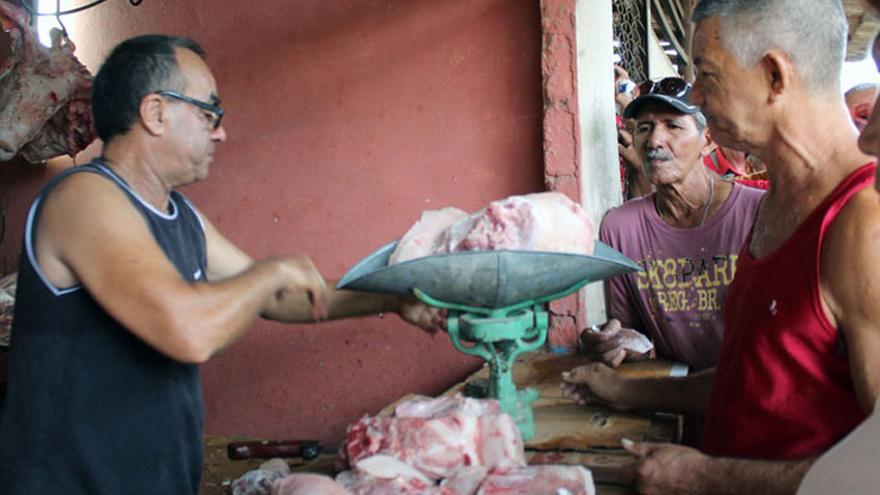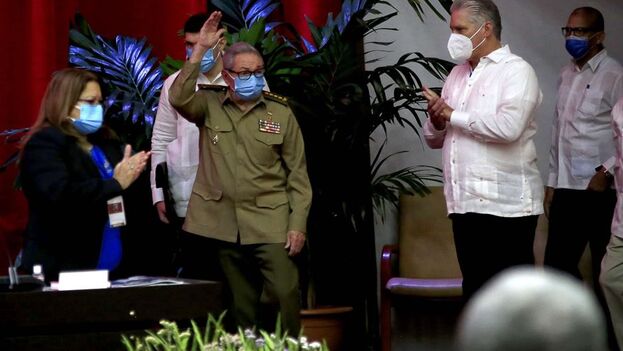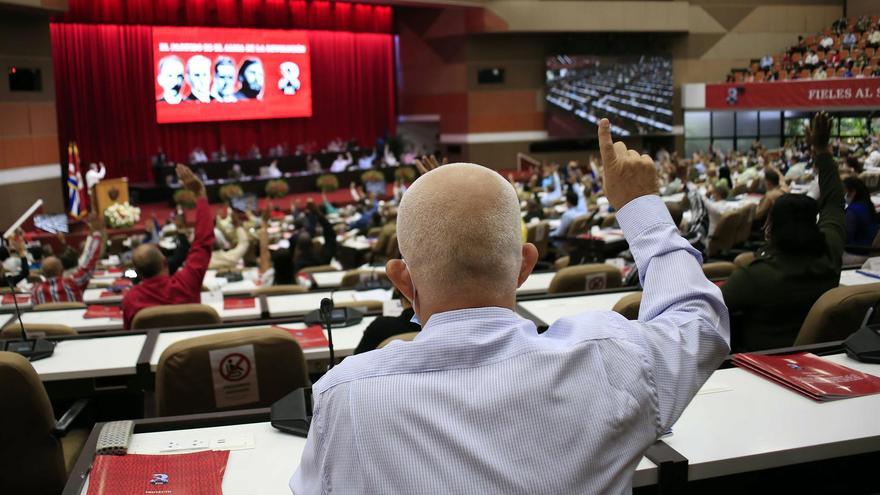
![]() 14ymedio, Pedro Pablo Aguilera Juarrero, Toronto, April 19, 2021 — The leader of the Cuban Communist Party, Raúl Castro, is on his way to fulfilling a promise he made to the Cuban people eight years ago when he announced his retirement. Unlike his egotistical older brother, Raúl’s tenure has been characterized by a peculiar pragmatism.
14ymedio, Pedro Pablo Aguilera Juarrero, Toronto, April 19, 2021 — The leader of the Cuban Communist Party, Raúl Castro, is on his way to fulfilling a promise he made to the Cuban people eight years ago when he announced his retirement. Unlike his egotistical older brother, Raúl’s tenure has been characterized by a peculiar pragmatism.
Shortly after taking the reins of power, he proposed transforming the stagnant, centralized economy by adopting policies that would allow for greater economic flexibility and lead to a more hybrid market. He was able to placate loyal military officers, joint venture CEOs and a tiny but emerging class of self-employed workers by abandoning the Cold War mindset. He even agreed to a mock plebiscite which clearly demonstrated that unanimity was just a myth. However, the structure of the totalitarian regime remained just as rigid and self-censoring as that of his closest ally.
Today the country faces its most critical juncture since the demise of the Soviet bloc. The pandemic has only made the nation’s economic crisis worse. Cubans do not know how to put food on their plates or where to buy aspirin, and the worn-out excuse that imperialism is to blame has no resonance or support among ordinary Cubans. Popular dissatisfaction is palpable and only state media seems to ignore this reality. continue reading
Meanwhile, the number of dissidents, independent journalists and disaffected artists continues to grow and their voices grow louder. On the other hand, Cubans in the diaspora and in exile have organized like never before to demand an end to the brutal repression inflicted against all those who think differently.
These are the circumstances faced by the Eighth Congress of the Communist Party of Cuba from which some hope to hear less demagoguery and more concrete solutions. The most optimistic of them hope that the change will lead to substantial reforms that in the long term could lead to the democratization and effective unleashing of the Island’s productive capacity.
Those of us who have studied the complex dynamics of power within the Cuban Communist Party understand perfectly that it is not only the people who are afraid. Many leaders also lose sleep worrying about being fired and choose to remain silent. Totalitarian regimes can change leaders or, more sophisticated still, change their narrative but the system never really evolves.
The organizational design of the Soviet-stlye Cuban Communist Party does not allow for change. The day solutions to problems can be freely debated will be the day the party ceases to exist. According to Darwin, it is not the most intelligent or the strongest species that survive but rather the ones that are most adaptable to new circumstances or conditions in a new environment.
As it turns out, the Cuban state is an organism that either does not know how to adapt to changes or adapts too slowly. This is part of its makeup, of its authoritarian nature. Intolerance does not allow it to make real changes or adaptations, even when its leaders know they need to update the system. But this isn’t like doing an update on an iPhone. It’s more like installing an old version of Windows95 on a computer with a 486 processor that already had problems when it left the factory
Reboot and format that hard drive. But, remember, there won’t be an update as long as those who devised this algorithm remain in power.
The new generation of leaders will have to confront the legacy of an outdated ideology. The illegitimate president of Cuba, Miguel Diaz Canel, pretends to be a reformist by continuing to call for the end of the bureaucracy and encouraging decision-making based on science and technology.
However, as a new monetary order hastens the end of the paternalistic state, Cubans are witnessing more clearly than ever the enormous gap between the communist elite (the pinchos*) and the rest of society. Clearly, official speeches that support private initiative and foreign investment are one thing; looming hyperinflation is quite another. To talk about investments in a country that does not even have a stock market is a joke. It will all be just a mirage until there is a constitution that establishes true rule of law, one that protects private property and other fundamental freedoms that every country must defend.
As Prime Minister Manuel Marrero said so well, “People do not eat plans.” I would hasten to add that the people do not eat ideologies either. Mind you, good governments with sane planners, insightful public policies, and sensible strategies can reverse the hunger of an entire country. But on an island where ingenuity has been key to each individual Cuban’s survival, no one entertains the thought that the party might come up with measures that will yield any results. What Cubans long is to hear is that the nation’s capabilities will not be squandered on repression, propaganda, surveillance, and senseless censorship.
Congress attendees understand perfectly well that now is the time to end the state’s monopoly on business and to allow the private sector, which is much more efficient at creating wealth, to assume a more active role. But as usual they will accept any guidance and not even dare to murmur the one word to put an end to all this debacle. That word is and always will be freedom. At the moment this is almost unimaginable.
With the nation’s institutions so weakened, a culture of democracy that does not exist, and human capital that is not allowed to enjoy the individual rights so fundamental for the growth and future of a country that demands concrete changes, it is difficult to imagine that anything will be accomplished.
Once again, ideology clouds all prospects for the future. It is not a failure of reason on the part of the common man but the irrationality of a state lost in time that will once again halt progress and stifle the dreams for a truly free Cuba.
Faced with growing uncertainty and wanting to avoid any risk, this congress once again opted for stability, for rigidity disguised as flexibility. No one should expect dictatorships to make fundamental changes — only the most naive fall into that trap — but we do know one thing: with his customary pragmatism, Raúl Castro has already visited his own grave. It remains to be seen if his successors have the guts to once and for all let the Cubans hold a real congress.
*Translator’s note: “Pinchos” literally translates as “skewers,” and in this context means “bosses.”
____________
COLLABORATE WITH OUR WORK: The 14ymedio team is committed to practicing serious journalism that reflects Cuba’s reality in all its depth. Thank you for joining us on this long journey. We invite you to continue supporting us by becoming a member of 14ymedio now. Together we can continue transforming journalism in Cuba.

